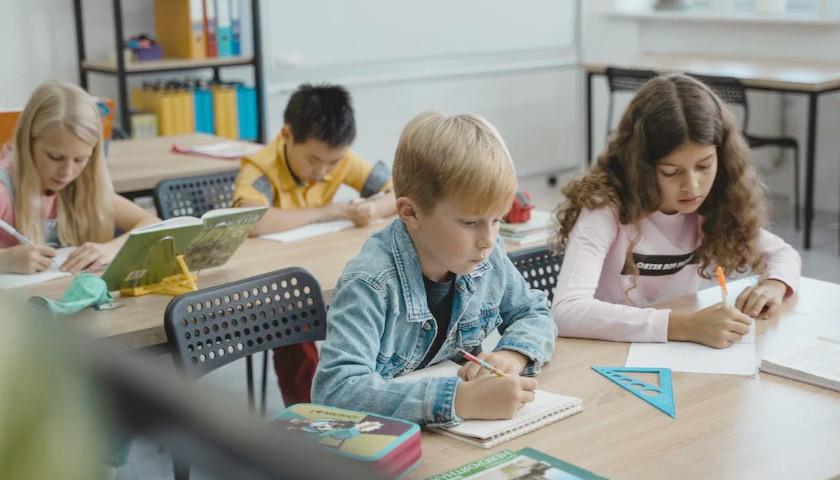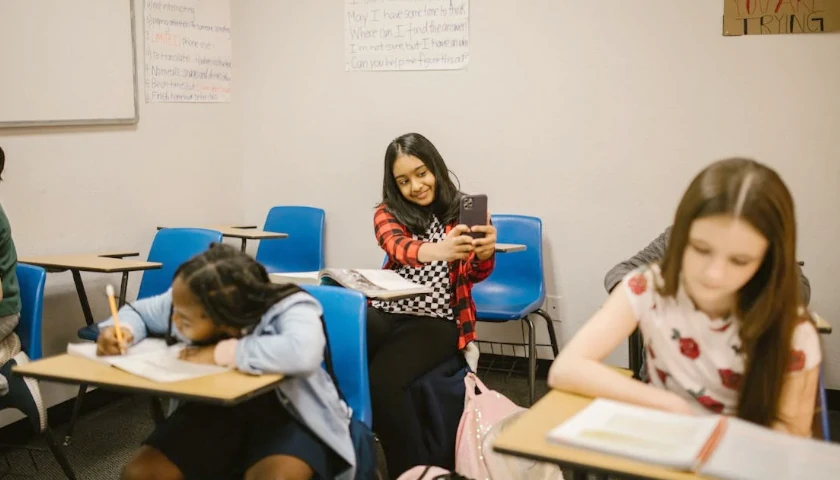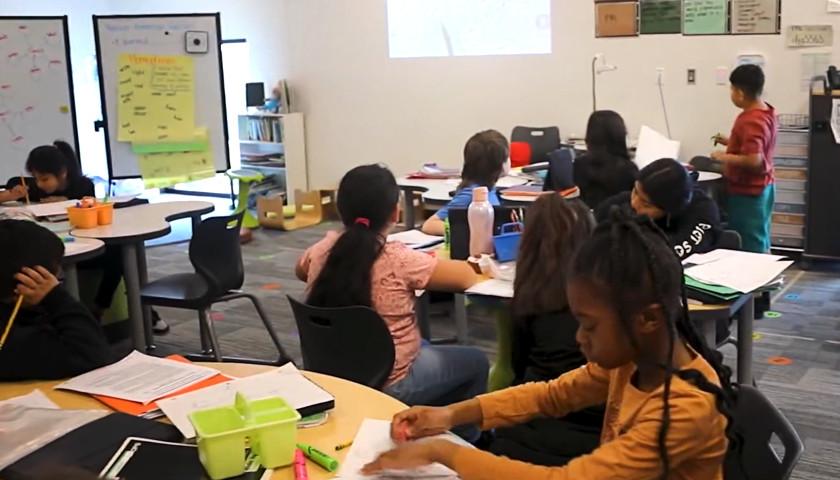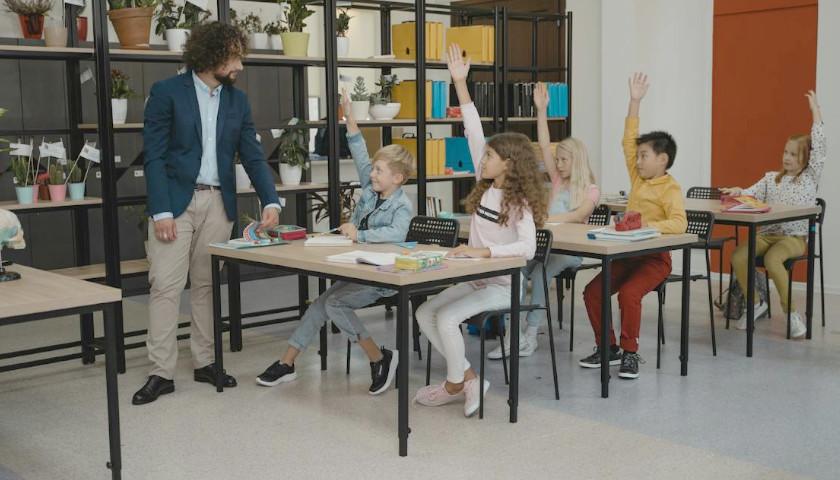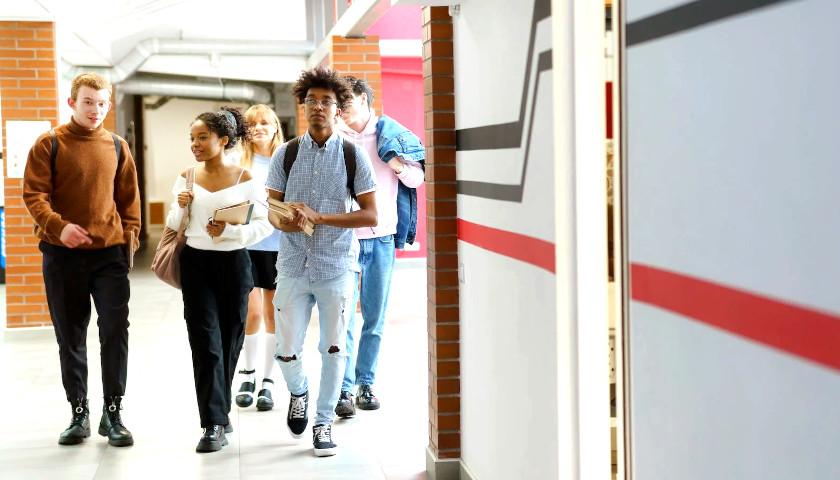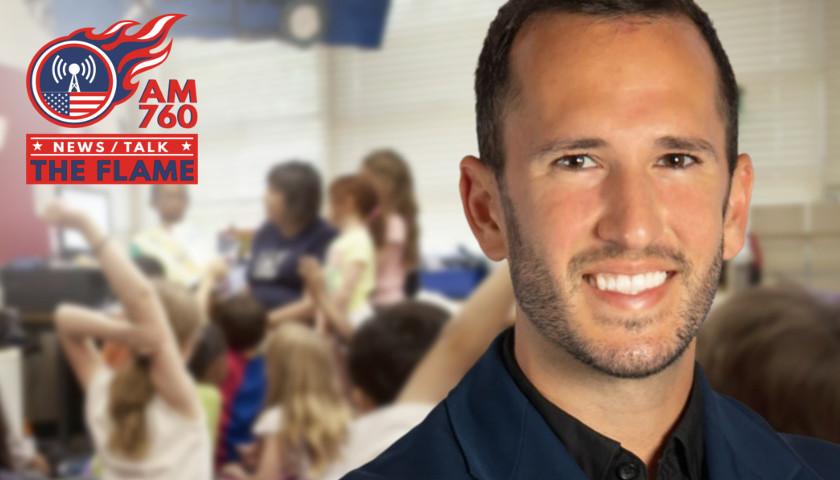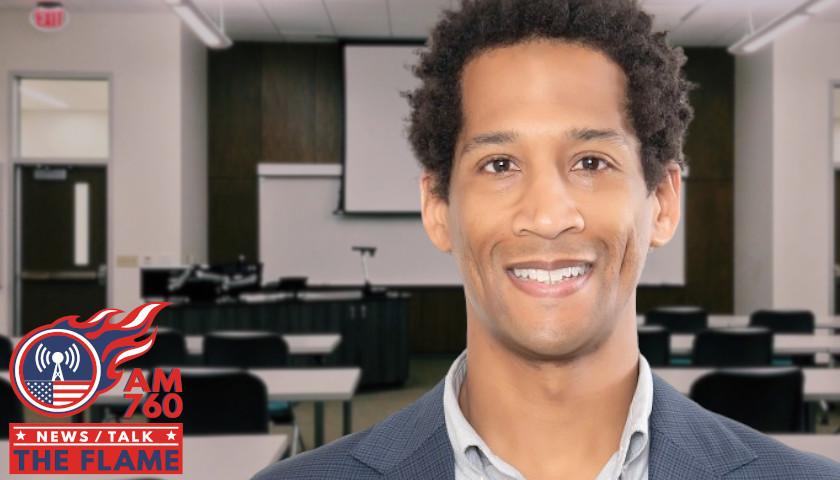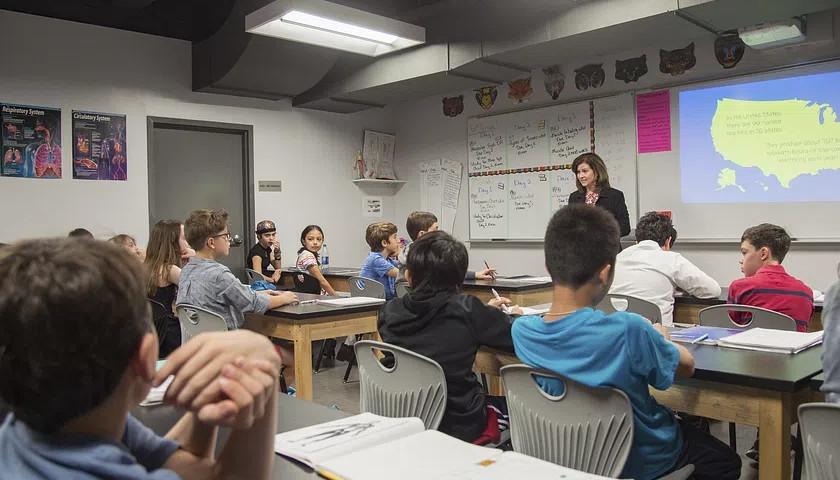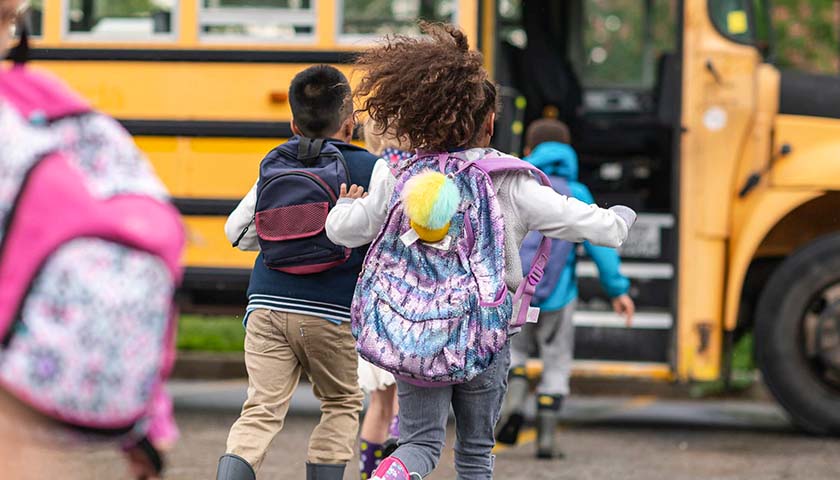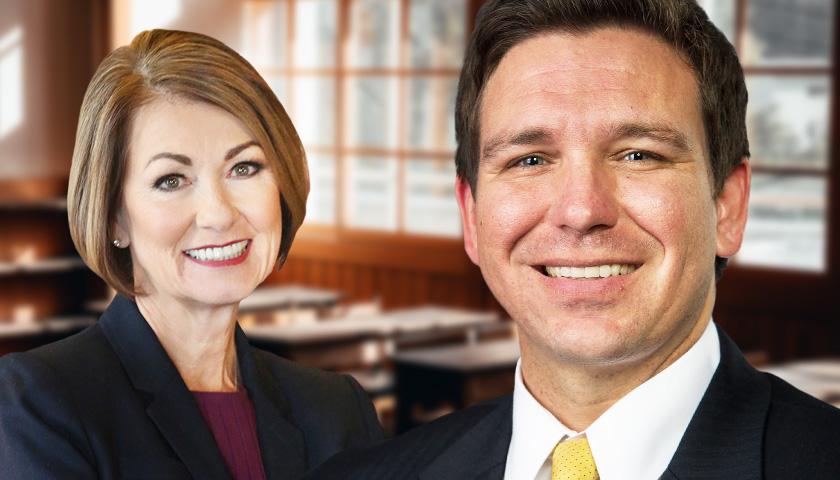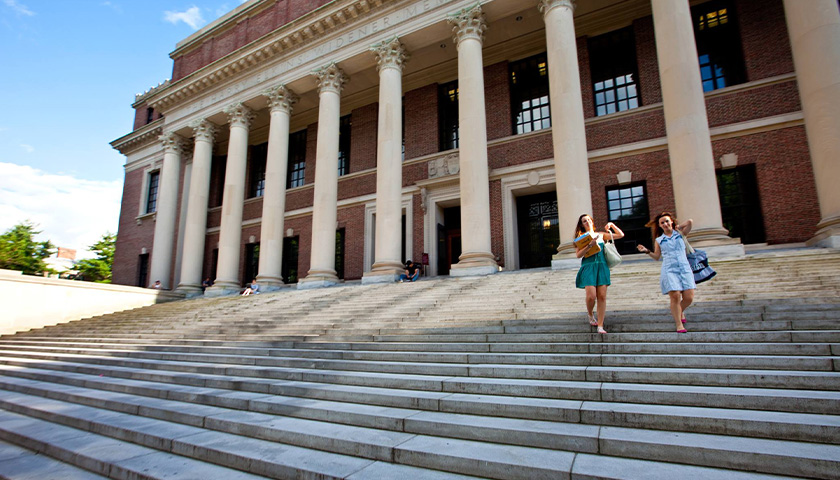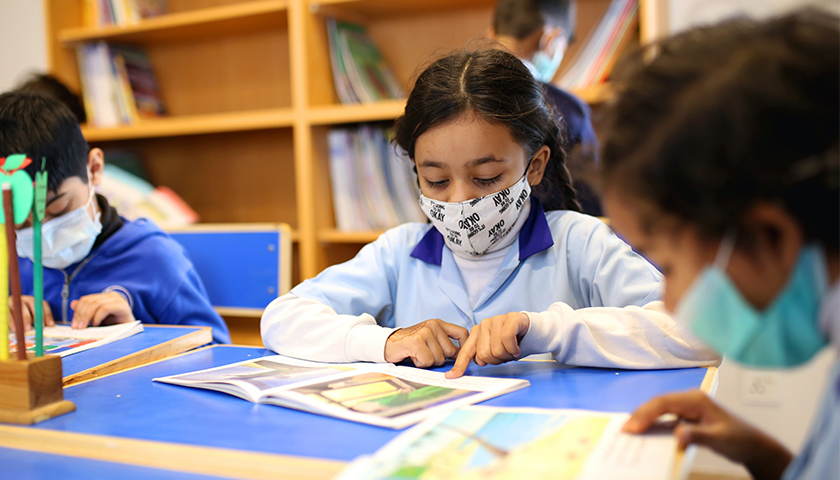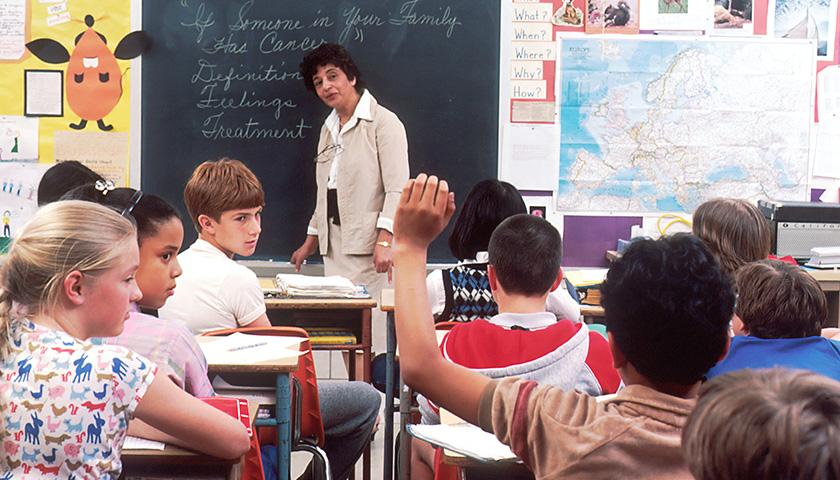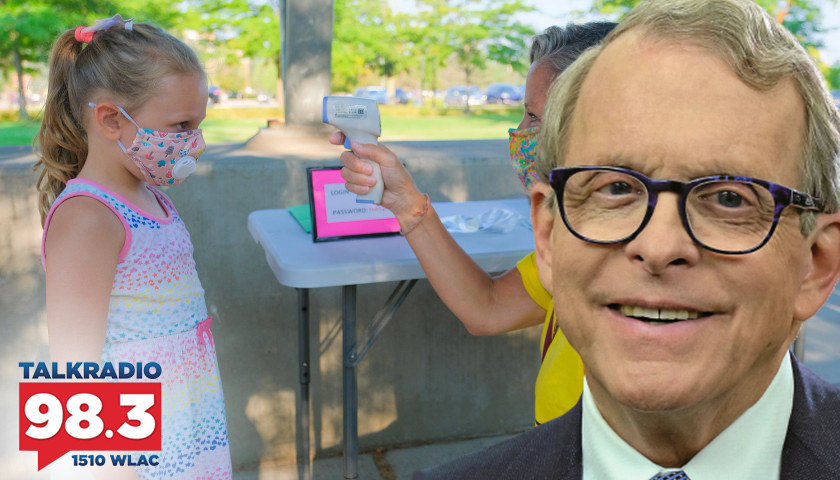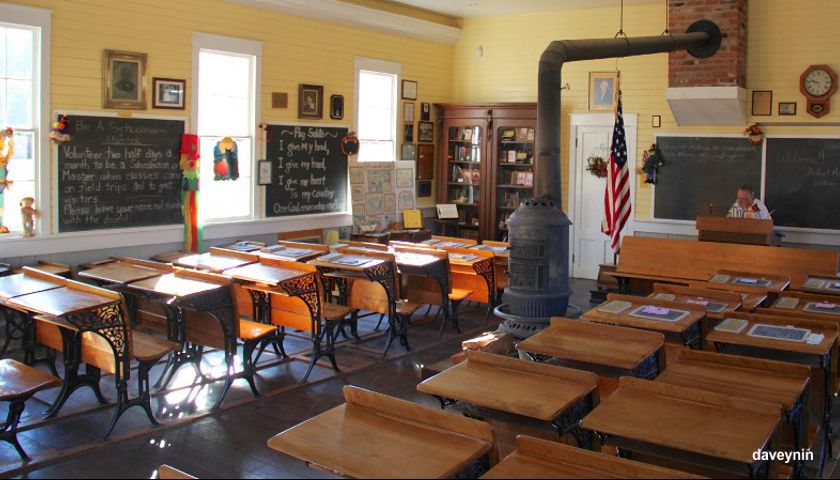by Reagan Reese and Megan Brock The Gay, Lesbian, and Straight Education Network (GLSEN), a nationally known LGBTQ activist organization, uses its “Rainbow Library” program to teach kids about “they/them” pronouns and push books on gender identity and sexual orientation in the classroom, according to a video unearthed by the Daily Caller News Foundation. Launched in 2019 by a third-grade teacher, GLSEN’s “Rainbow Library” program, which provides “LGBTQ+ affirming K-12 text sets,” is in 5,800 schools and libraries across 31 states, according to a 2022-2023 school year request form. The initiative makes books and resources on transgenderism and sexual orientation available to children as young as 5, according to a GLSEN 2021 recorded online workshop on the initiative. “The Rainbow Library, we send LGBTQ+ affirming books to schools and libraries for free along with additional GLSEN resources,” Michael Rady, the Rainbow Library Program manager, said in the 2021 workshop. “We have four different grade ranges for the books that we send out: K-2, 3-5, 6-8 and 9-12. We put a major emphasis on books that center the voices of trans and nonbinary people as well as books that attend to the voices of BIPOC [black, indigenous, people of color] LGBTQ+ people.” The initiative…
Read the full story


